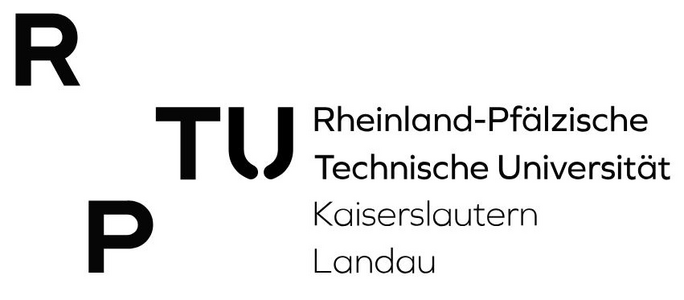Fast-track doctorate in Germany
From bachelor’s to PhD

© simonkr / iStock.com
Bachelor’s – master’s – PhD: That is the standard path to a doctorate. But for especially qualified students, there is a shortcut: the fast-track doctorate. Here, the road to the PhD begins right after earning a bachelor’s degree. Who is eligible? What must be done?
Updated: 2025-06-10
What is a fast-track doctorate?
In 2000, the Standing Conference of the Ministers of Education and Cultural Affairs in Germany decided to make it possible for particularly qualified bachelor’s graduates to earn a doctorate without first obtaining a master’s degree. The term “fast-track doctorate” was coined to describe this shortcut. The term, though, is misleading, implying as it does a shortened doctoral period. This is not the case. The term “fast-track” refers to the fact that, by skipping the master’s degree, the period of time from the start of studies to the dissertation itself is shortened, but not the PhD period itself.
To receive a PhD through the fast-track programme, all the steps expected of “normal” PhD candidates must also be completed, including attendance at seminars for PhD students, the publication of articles, the completion of a dissertation, defense of that dissertation and its ultimate publication in libraries or (at some universities) on the internet.
The fast-track is particularly common in the natural sciences
The fast-forward route to a doctorate is becoming increasingly established in Germany. According to the German Rectors’ Conference, just half of universities in the country offered the programme in 2013, but it is now available at most universities in the country for at least some subjects. Leading the way are the Max Planck Schools, at which internationally outstanding students very often obtain their PhDs on the fast track.
Generally speaking, the fast-track programme is more widespread in the natural sciences since a specialisation is generally possible even in the bachelor’s phase. This is a prerequisite for further academic work and the writing of the dissertation.
Prerequisites for the PhD shortcut
Essentially, the same expectations apply as to a regular PhD programme following a master’s degree:
- excellent marks
- an appropriate topic for the dissertation
- a doctoral adviser
- sound scientific practice
The last criterium is one that many students acquire – along with the necessary specialisation on a specific subject – during their master’s studies. As such, only those who have already obtained the necessary academic expertise and techniques during their bachelor’s studies should consider a fast-track doctorate.
The precise requirements are set out in the 700 or so doctoral regulations at German universities and universities of applied sciences at which PhD degrees can be awarded. As a rule, those requirements include the following:
- above average examination notes (differs from university to university)
- application to the university
- outstanding academic achievements and skills in academic work
At many universities, candidates are also expected to pass an aptitude test and prepare an exposé. At the Berlin Technical University, for example, one to three assessment tests and proof of special scientific aptitude, usually established by the candidate being the first author of a scientific article, are required.
Beyond that, some doctoral regulations stipulate that individual modules of the master’s programme must first be completed before actual research can begin. This is treated as a kind of “probationary period,” as required, for example, by Philipps-University Marburg for the natural sciences: Two semesters of the pharmaceutical or medical master’s course must have been completed prior to consideration for the fast-track doctorate.
Fast-track without a master’s or in parallel to a master’s
There are two different models for the fast-track doctorate: At some universities, the master’s degree is omitted completely, and the bachelor's degree is followed directly by the doctorate. At others, the master’s degree must be completed concurrently with the doctorate.
The second model can, in some circumstances, be preferable. Candidates who ultimately do not go on to complete their PhD will have at least earned a master’s. The doctoral regulations of individual universities indicate whether candidates must achieve a master’s in parallel or not.
Achieving a PhD after earning a bachelor’s degree abroad
A research stay abroad can be beneficial for one’s academic career in many ways, be it for a few semesters or for the entire period of the doctorate. In many countries, above-average students can start working on their doctorates immediately after earning their bachelor’s degree, just as they can in Germany. This is often the case in the U.S., for example.
The and the provide information on the requirements and financial support for pursuing a doctorate abroad.






